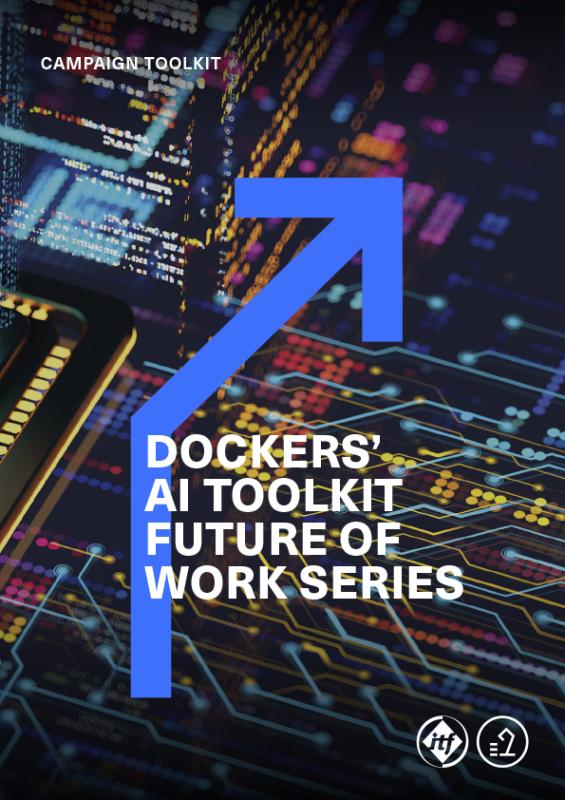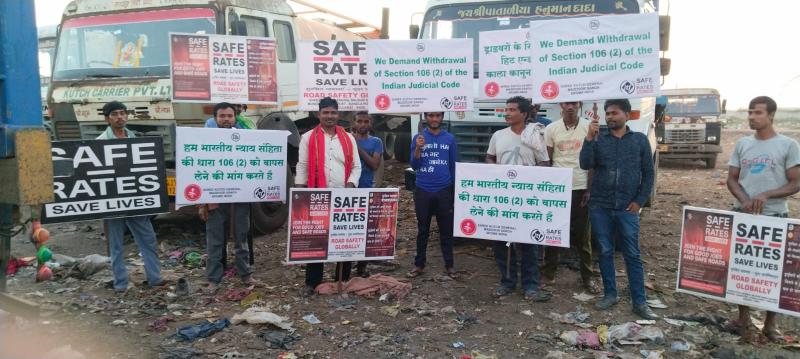Support for an undertaking this size can only be built on transparency, democracy, and accountability at all stages.
In many countries there has been an increase in Public Private Partnerships, where Governments own the rail but are paying private companies to operate the service. Contracts usually run between 5 - 15 years.
The contractual relationships in Public Private Partnerships are similar to those up and down a supply chain, with risks and responsibilities distributed between different stakeholders. In a PPP, this is primarily, the local or national government transport agency, the operating companies, subcontracted maintenance companies, and the company employees that provide the service to the public, blurring the lines of responsibility and accountability.
Why it’s important
The competitive tendering process has become a race to the bottom. Private operators compete for contracts primarily on price and squeeze down labour costs to increase their margins. Staffing is reduced to a minimum, negatively affecting the service and safety. ITF and our affiliated rail unions are fighting back by demanding that protections to terms and conditions are written into the Government procurement, tendering and contracting policies. By demanding ethical procurement and human rights due diligence (ILO Convention 94 and recommendation 84), national and local governments must accept responsibility for the conditions of the workers they in-directly employ through private contracts.
Unions are also holding Multinational Transport Companies responsible for carrying out due diligence, by negotiating and ensuring global standards are upheld in all countries of operations. Companies like the French owned Transdev and RATP run rail services all over the world. Unions are key to ensuring that labour practices are held to the same standards that they would be in France (see case study from Bogota). By working together ITF affiliated unions share information on MNE’s practices overseas and use solidarity and strength in the home countries to hold them accountable.
Our demands
- Democratic accountability in the planning and development of rail through collective bargaining with, and worker representation in rail authorities and management.
- A single, public entity responsible for planning, developing and managing the modal shift to rail, and the decarbonisation of transport.
- Cooperation with the ITF and its affiliates to carry out effective human rights due diligence in procurement, finance and the supply chain of public rail.
- Public inquiry into the true cost of the public private model - economically and socially
- The inclusion of labour and gender clauses in contractual agreements
- Safeguarding of terms and conditions to prevent race to the bottom
- Transparency in the awarding of contracts and inclusion of social clauses (decent working conditions, safety, service, environmental protections) in tendering and award processes
- Public disclosure of funding from International Financial Institutions
- Union and worker voice on transport procurement committees and decision making bodies
- Open and transparent public procurement policies and processes, with freedom of association and collective bargaining a fundamental condition
- Labour and union representation in due diligence processes to monitor, report and remedy human rights impacts in transport subcontracting, supply chains and subsidiaries
What unions can do:
- Call for a public inquiry into the true cost - economically and socially - of the public private model
- Hold local and national Government and principal companies responsible for conditions of in-directly employed workers
- Use the ITF HRDD Bargaining Toolkit to ensure that human rights are protected and upheld within Railway Supply Chains (link to be added)
- Raise awareness amongst union members that the Government is their economic employer
- Negotiate protections to terms and conditions in public tendering documents (see examples)
- Call for transparency and openness in how contracts are awarded, the companies they are awarded to and the cost
- Demand participatory governance models built on collective bargaining and worker representation within all industry and governance bodies.
- Share information on labour conditions for workers employed in MNEs’ overseas operations with ITF



